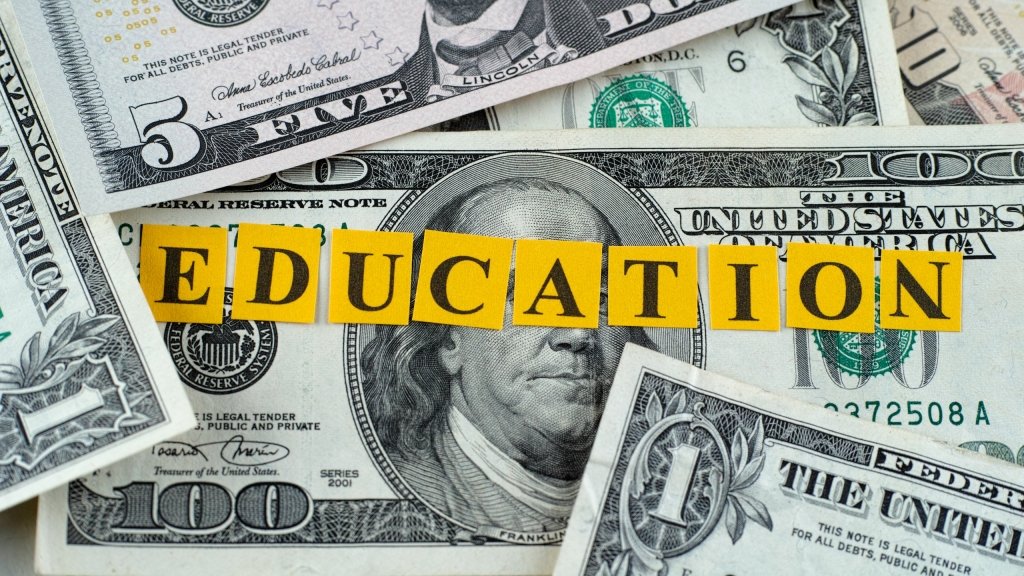Gov. Kay Ivey's plan to provide a $7,000 tax credit to students attending private schools would cost taxpayers at least $100 million.
On Wednesday, concerned groups asked lawmakers if $100 million is the “floor”, what is the upper limit?
“You've given us a floor, but we don't have a ceiling. We have a base amount that we're obligated to spend each year, but nothing else.” Alabama Superintendent's Rights said Ashley McClain, Director of Advocacy and Engagement.
Sen. Arthur Orr (R-Decatur), chairman of the Senate Finance and Taxation Committee, said these changes are currently in the works and a vote on the amendments is expected next week.
Senate Bill 61, which Ivey dubbed the CHOOSE Act, would create a tax credit of up to $7,000 per year per student for parents who send their students to qualifying private schools. During the first two years of the program, only households making up to 300% of the poverty level are eligible to earn credits, after which all students are eligible. Homeschooling students would only receive a tax credit of up to $2,000 per year, and the bill would limit the total annual homeschool credit to $4,000 per family.
As the program expands, there are concerns that it could cost the state far more than the $100 million threshold being pushed alongside the bill.
“It could be $500 million, $600 million a year. We just have to wait and see the choices that are made every year,” said Alison King, director of government relations for the Alabama Education Association.
Education groups also have concerns about testing requirements and how private schools compare to public schools when different metrics are used.
“If competition produces improvement, we need to know we're in a head-to-head situation. What does that look like?” McClain asked.
Public schools are responsible for a standardized test called ACAP, and McClain said public school superintendents want private schools to follow the same standards to ensure students receive a quality education. said.
Nick Moore, education policy advisor and coordinator for the Governor's Office of Education and Workforce Transformation, said the bill would provide private schools with a variety of testing options to assess students and ensure school accountability, while providing specific He said that the curriculum is not compulsory. .
“If everyone has to undergo ACAP for ESA purposes, it's really like comparing apples to oranges,” Moore said. “If you want to compare apples to apples, whether you are participating in a Catholic school or another high-quality private or Christian school, look at whether it is rated according to that standard. I'll have to check…''
Supporters of the bill continued to argue that, like previous PRICE Acts, school funds should follow students and not be used to “support” educational institutions. They also do not affect the funding formula for public schools and defund public schools because most of the students who participate do not leave public schools, thereby affecting enrollment numbers. It is claimed that it will not be done.
















